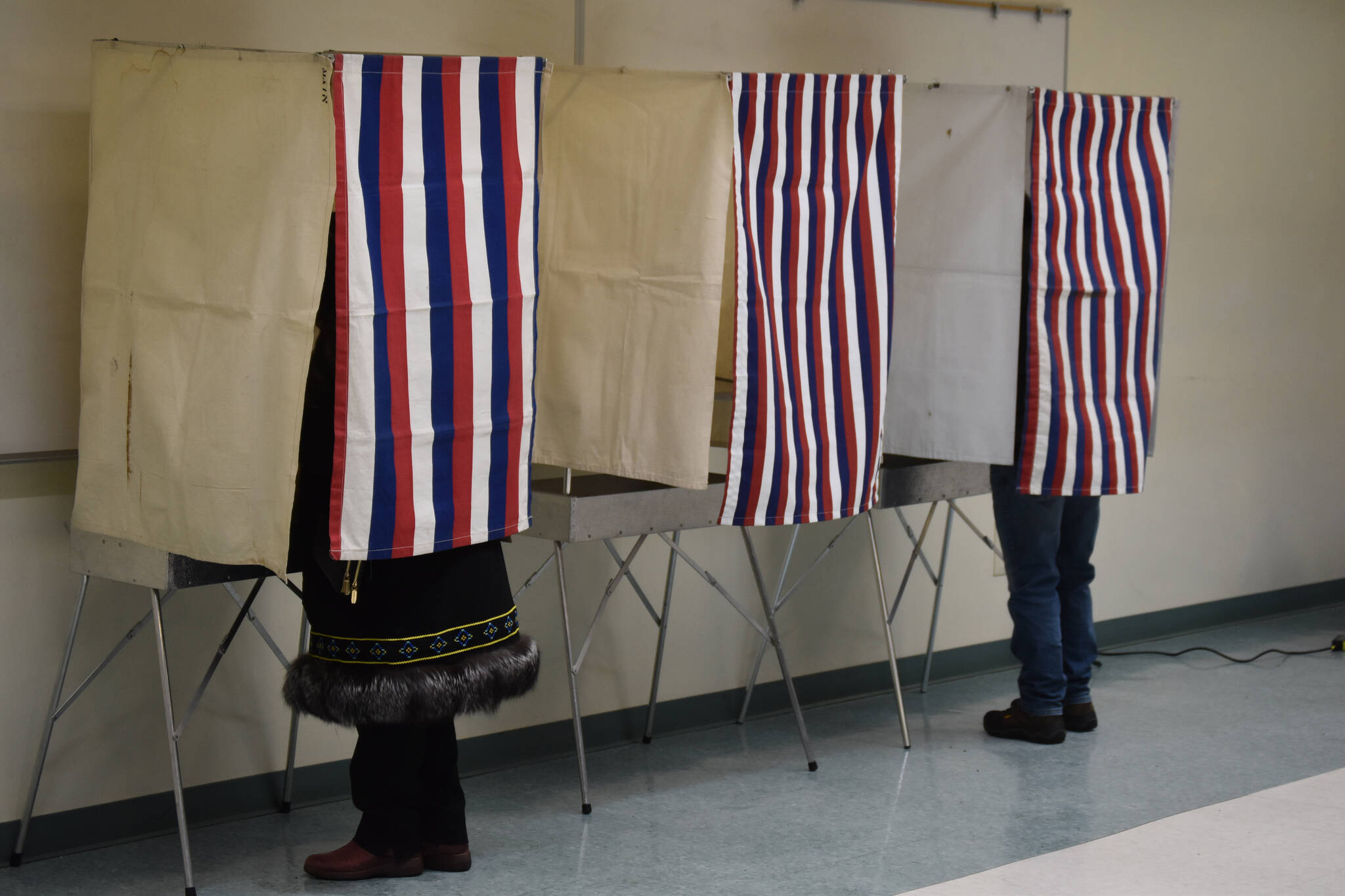Two stories about elections emerged this past couple of weeks which caught the attention of election nerds, to which I proudly belong. The first story is from Utqiagvik, a community hub of almost 5,000 people. The other is from Pilot Station, a community of around 600 people nearly 1,000 miles south of Utqiagvik.
Robyn Burke, who lives in Utqiagvik (a candidate for House District 40), went to vote on the first day of early in-person absentee voting. When she arrived, she learned that her polling station had no ballots with which to vote. She couldn’t vote, nor could the other people that came that day. Mrs. Burke went on social media, which got the media’s attention. It probably did not hurt that she is running for a legislative seat.
Carol Beecher, the director of the Division of Elections, came out later and “confirmed 20 rural communities received absentee ballots after early voting started Aug. 5th.” The division will send the ballots out a week earlier to villages regarding the general election on Nov. 5.
There have been other problems with voting in rural Alaska. In the special primary in 2022, a higher percentage of absentee ballots from villages were not counted for various reasons compared to the state percentage of rejected absentee ballots, and the number one reason was that voters did not provide a witness signature.
The other story happened in Pilot Station. The acting mayor and the election clerk have been accused of election fraud. Election fraud is when the election processes are not followed. Voter fraud is rare; we have had very few cases in Alaska. It is almost impossible to commit election fraud. However, in a tiny community, the possibility of fraud is greater, and in this case, it was enough to indict these two people.
As we all remember, after the 2020 election, there were cries of a stolen election. Election fraud of this magnitude is virtually impossible. But fabricating lies regarding a stolen election, well, that is another thing. Over 60 court cases were heard by judges throughout the U.S. regarding the 2020 election, and all but one case was dismissed. That case was ruled in favor of the Trump team and flagged for procedural reasons, and it had no bearing on the election outcome.
In Homer, where I live, our state House representative showed the movie “2000 Mules” at a local church. This is a film to promote the illegitimacy of the 2020 election. It turned out the movie itself was the “big lie.” Salem Media Group, Inc. settled a lawsuit with a person in the film. The defendant received an undisclosed sum as he was portrayed as having harvested votes. There was no evidence to back up this claim. Even though some still believe the election was stolen, the rule of law says otherwise.
In the Utqiagvik case, where people came to vote but couldn’t, this event may have gone unnoticed if Mrs. Burke had not raised the issue. Speaking out is challenging, especially in smaller communities.
Kenai Peninsula Votes and other groups would like the State to get more involved in helping with elections in rural communities. The Division has 402 polling stations to maintain and run. I trust our elections and officials, but the state needs to make voting in rural areas more accommodating.
The division is implementing a new tracking system for ballots in rural areas for the state primary that shows real promise. The problems associated with rural voting have been and will continue to be a challenge, but as we learn and communicate, we will become more effective in dealing with these issues.
Alex Koplin is a founding member of Kenai Peninsula Votes. Kenai Peninsula Votes is a group of citizens that helps educate people about voting. We are strictly nonpartisan. For more information about elections or KPV, please contact us at kenaipeninsulavotes@gmail.com.

